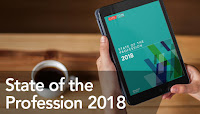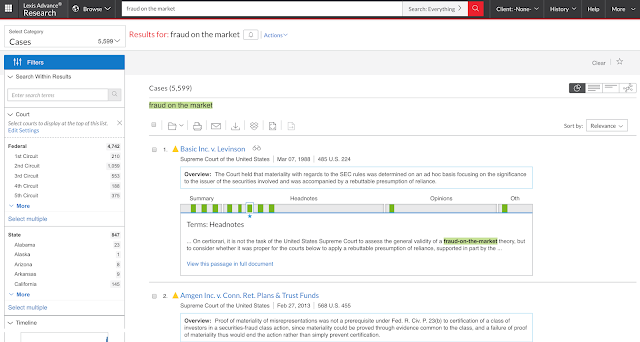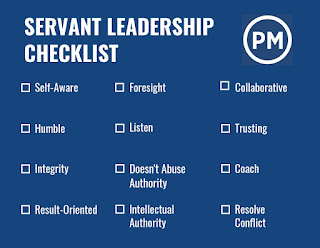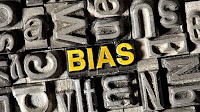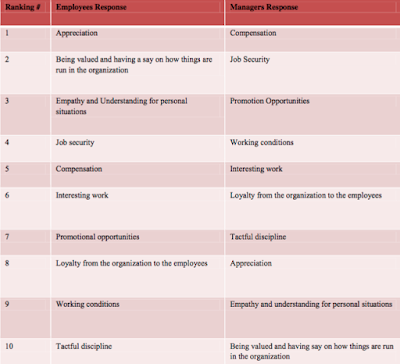Error of the Day & Maintaining Integrity of Algorithmic Results

If you're into algorithms, you should absolutely subscribe to the MIT Technology Review newsletter called The Algorithm . Earlier this week, the folks at The Algorithm asked "what is AI, exactly?" The answer is reproduced below. The question may seem basic, but the answer is kind of complicated. In the broadest sense, AI refers to machines that can learn, reason, and act for themselves. They can make their own decisions when faced with new situations, in the same way that humans and animals can. As it currently stands, the vast majority of the AI advancements and applications you hear about refer to a category of algorithms known as machine learning. These algorithms use statistics to find patterns in massive amounts of data. They then use those patterns to make predictions on things like what shows you might like on Netflix, what you’re saying when you speak to Alexa, or whether you have cancer based on your MRI. Machine learning, and its subset deep learning
